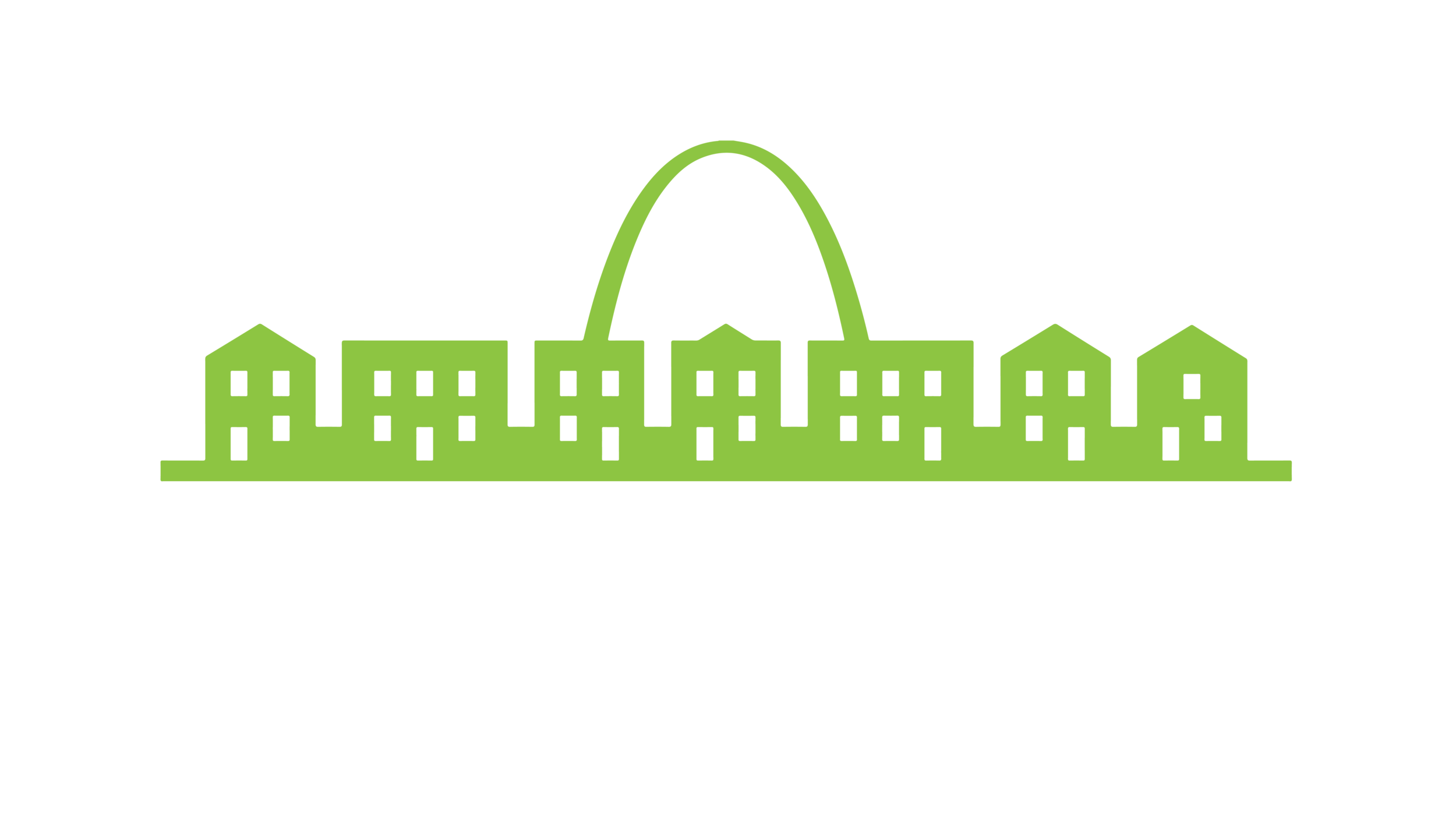Rethinking Poverty
At Mission: St. Louis, we’re always trying to learn more about the factors affecting poverty in our city. This means always asking ourselves lots of questions. Are we serving our community in the most effective way possible? How can we do better?
That’s why we wanted to share the new findings in “Rethinking Poverty”, an article by Elisabeth Babcock recently printed in the Stanford Social Innovation Review. Her article explores how poverty not only has far reaching affects on an individual’s income and resources, but also on how an individual’s brain functions.
“First, poverty creates powerful stresses that swamp our thinking and create a ‘bandwidth tax’ that decreases the quality of the decisions we make. And second, the stresses associated with poverty can alter the way the brain develops in children who are subjected to them.”
According to Babcock, the stress that people in poverty experience causes them to “struggle to keep track of the multiple problems in their lives, to analyze those problems, to explore options for dealing with them, and to set priorities for how to best move ahead.”
While these findings seem daunting, they also help create a better framework for how to best address poverty. To help people in poverty chart a pathway out, at Mission: St. Louis we believe in empowering them with the skills to identify problems in their lives, and make better choices about how to deal with those problems and solve them.
One way we try to empower people is by focusing on the importance of making positive choices throughout all of our programs. In our Beyond School program, our students receive a “Think Slip” when they make a negative choice. The Think Slips asks students to explain why they made the choice they did, but also how they could have made a better choice. This method encourages students to reflect and think about the choice that got them in trouble. To affirm particularly good choices, our team created a reward system. By focusing on the power of choices, we have seen explosive students learn how to react more positively to situations that would have previously made them struggle- a skill that will empower them throughout their lives.
We’re excited to see great research being done to help guide organizations like us that are seeking to break the mold and empower communities.
Click here to read the rest of the article!

